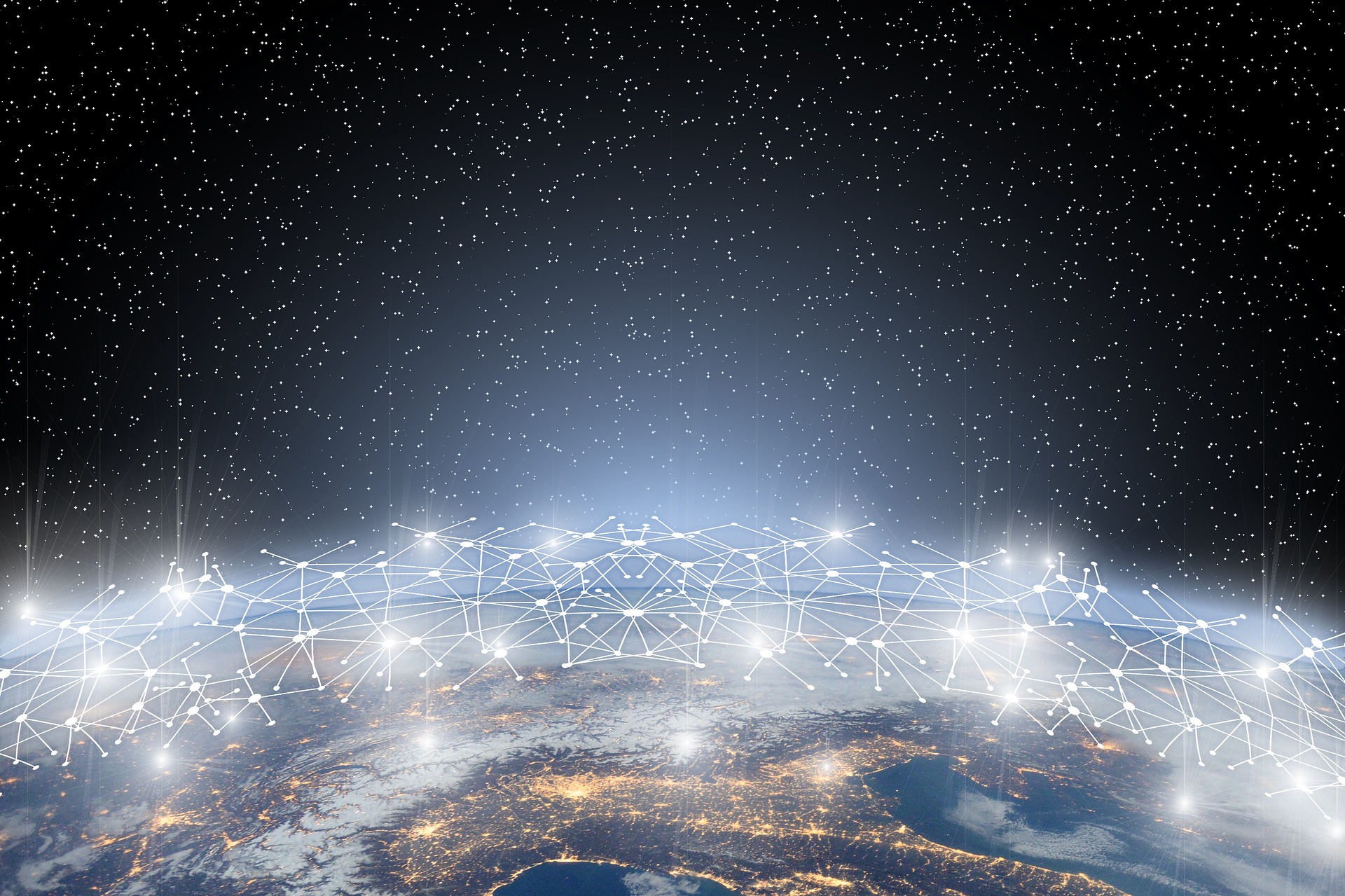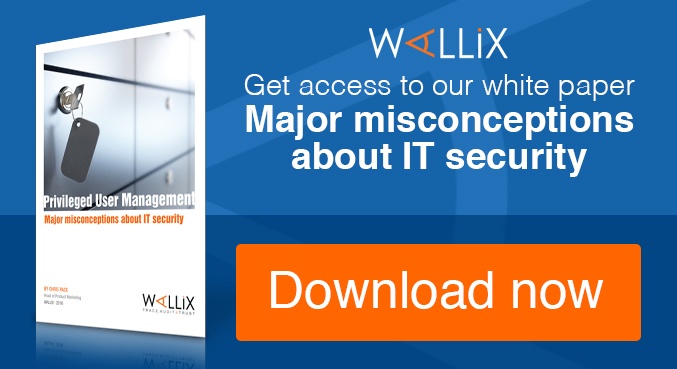Because cyberthreats to data and privacy are ubiquitous, cybersecurity needs to be a part of every corporate network – and of course, protecting the personal, financial, health, and other data held by corporations is of paramount importance. Aside from the loss of the data itself, though, executives must also contend with another serious issue: The financial costs of a data breach, in terms of both damage mitigation and the penalties that will be assessed by various governing agencies should the company not have been compliant with appropriate regulations and laws.
WALLIX
Recent Posts
Ensuring Compliance with PAM | Cross-Mapping Security Standards
[fa icon="calendar'] Sep 30, 2019 12:19:11 PM / by WALLIX
Legacy Obstacles to Access Management
[fa icon="calendar'] Jul 17, 2019 3:04:22 PM / by WALLIX
The extent to which business still runs on outdated tech might surprise you. Banks and other fintech companies, for example, still lean heavily on mainframes and other so-called “big iron” infrastructure because of its speed and reliability in handling thousands of transactions per second. Those kinds of capabilities beg the question as to whether such tech is indeed outdated – but legacy tech designed for high throughput does pose problems, with a high number of administrators citing integration with legacy systems as a challenge as they consider future planning and efforts.
Transforming Data into Knowledge: Top 5 WALLIX Webinars
[fa icon="calendar'] May 14, 2019 9:35:00 AM / by WALLIX
Our modern, connected society generates vast amounts of information -- by some estimates, over 90% of the data extant in the world was created over the last two years. And with the right systems in place, data turns into information that drives business intelligence and enables insightful decision-making. The uses are as endless as the data itself, enabling everything from ad targeting to Smart Cities, and transforming entire industries on the fly.
Privileges, Not Rights: Keeping Control with Privileged Access Management
[fa icon="calendar'] May 8, 2019 12:28:00 PM / by WALLIX posted in Controlling Third Party Access
Business has always run on personal connections. But for many years, it’s also been run on a host of network and data connections designed to provide both internal and external users with the access to corporate systems and information that they need and want. On a daily basis, millions of workers use that access to do their jobs – and they take that access for granted, in large part because of the relative ease in accomplishing it. But there’s a facet to this access that should always be kept in mind, both by users of networks and the administrators charged with protecting those same networks and data: Access is a privilege, and not a right.
The Worrying Rise of Healthcare Data Breaches
[fa icon="calendar'] Apr 25, 2019 3:12:58 PM / by WALLIX
Last year was not a good one for the healthcare industry’s security reputation. A quick Google search will unearth countless news articles focused on data breaches in healthcare from across the globe. In the UK, cyber attacks and data breaches hit the NHS hard, while private healthcare providers in the US, UK and Australia all suffered at the hands of hackers.








